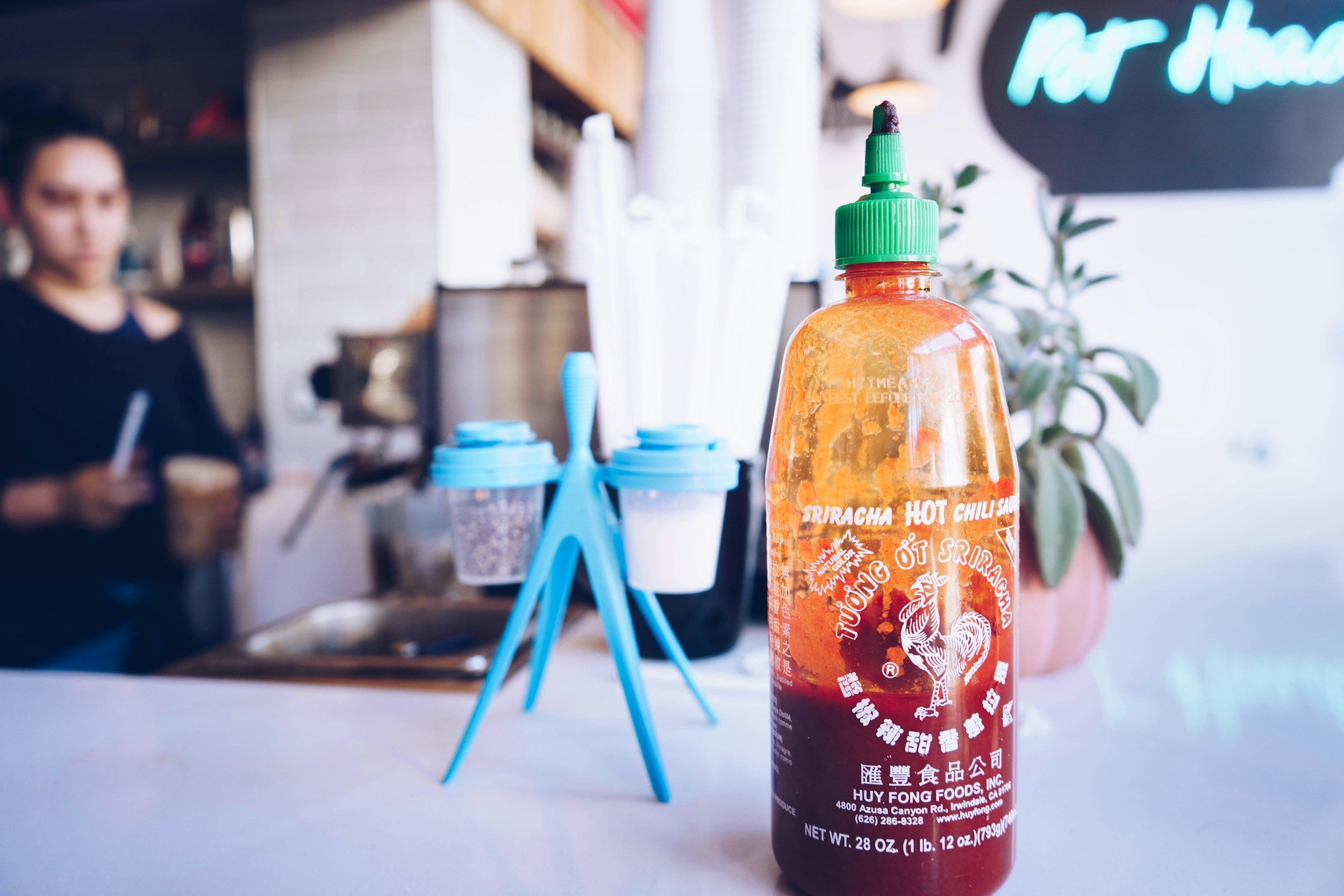Supply Chain Woes Put the Heat on Sriracha Production
Huy Fong Foods, the makers of the popular green-capped Sriracha sauce, has halted production due to a shortage of red winter jalapeños. A harsh climate in Mexico, where the peppers are grown, has reduced the supply needed for the fiery condiment. According to climate scientist Guillermo Murray-Tortarolo, the lack of suitable growing conditions could persist for the rest of the year.
The shortage has forced Huy Fong Foods to pause production until after Labor Day when the next chili season begins. With this production halt, distributors like Nassau Candy have struggled to keep their inventory stocked, while consumers scramble to find their beloved sauce.
Attempts to use other types of jalapeños haven't met the original's taste, leading to skyrocketing prices online and panic buying. Experts like Stephanie Walker note that growing the right kind of pepper requires skill and experience, making it tricky to cultivate outside Mexico or California.
This isn't the first time the company has faced supply chain issues due to climate challenges. In recent years, inclement weather has led to "unprecedented shortages" and price hikes for Sriracha, leaving spice lovers yearning for their favorite sauce.
Read more at the NY Post
Why This Matters:
The Sriracha shortage is worth paying attention to because it highlights the fragility of the supply chain and how extreme weather can throw a wrench into sourcing and distribution. If one ingredient shortage can halt production and send prices soaring, it’s a signal to keep a close eye on key supply sources and be ready to pivot.
Our Take:
The Sriracha crisis is a spicy reminder that climate change is causing real supply chain disruptions. Whether it's peppers or another essential ingredient, it's crucial to diversify sourcing and have backup plans for extreme weather events.
Better to stay ahead of the heat than get burned.




Frank Sonzala, a veteran in the trucking and transportation industry, is spearheading a business plan to address the pressing issue of the nationwide truck parking shortage.